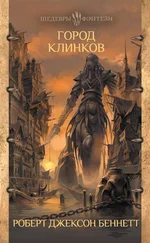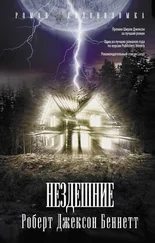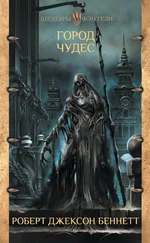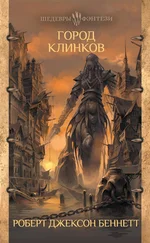It made her gag. Sancia lived almost entirely off of plain rice mixed with beans, and weak cane wine. She did not touch strong alcohol — she needed total control over her senses just to function. And any water found in the Commons, of course, was not to be trusted.
Sancia sat on her bed, bent forward, rocking back and forth with anxiety. She felt small and alone, as she often did after a job, and she missed the one creature comfort she desired the most: human company.
Sancia was the only person who’d ever been in her room, or in her bed, for touching people was unbearable: it wasn’t quite like she heard their thoughts, because people’s thoughts, despite what most believed, were not a smooth, linear narration. They were more like a giant, hot cloud of bellowing impulses and neuroses, and when she touched a person’s skin, that hot cloud filled up her skull.
The press of flesh, the touch of warm skin — these sensations were perhaps the most intolerable of all for her.
But perhaps it was better, to be solitary. There was less risk that way.
She breathed deep for a moment, trying to calm her mind.
You’re safe , she said to herself. And alone. And free. For another day.
Then she pulled her hood over her head, tied it tight, lay down, and shut her eyes.
But sleep never came.
After an hour of lying there, she sat up, took off her hood, lit a candle, looked at her closed closet door, and thought.
This…bothers me , she thought. A lot.
The problem, she decided, was a matter of risks.
Sancia lived her life very carefully — or at least as carefully as one could while making a living climbing towers and breaking into places full of dangerous, armed men — and she always sought to minimize any potential hazards.
And the more she thought about it, possessing something small that was worth the nigh-inconceivable sum of twenty thousand duvots while not knowing what that thing actually was …
Well. It now felt mad. Especially if she was going to hold on to it for three scrumming days.
Because the most valuable things in the city of Tevanne were undoubtedly scriving designs: the strings of sigils that made scrived rigs work. Scriving designs took a great deal of effort and talent to compose, and were the most protected property of any merchant house. Get the right scriving design and you could instantly start making all kinds of augmented devices at a foundry — devices that could easily be worth a fortune. Though Sancia had often been offered work to go after merchant house designs, she and Sark always turned it down, since house-breakers who ran such jobs often wound up pale, cold, and bobbing in a canal.
And though Sark had assured her that this job had not been about scriving designs — twenty thousand duvots could make anyone too stupid for their own good.
She sighed, trying to quell the dread in her stomach. She walked over to the closet, opened it, opened her false floor, and took the box out.
She looked at it for a long time. It was unadorned pine, with a brass clasp. She took off her gloves and felt it with her bare hands.
Again, the box’s form and shape bled into her mind — a large cavity, full of papers. Again, she sensed the box’s false bottom, with the linen-wrapped item beneath. Nothing else — and no way for someone to know she’d opened the box, then.
Sancia took a breath and opened it.
She felt sure the papers would be covered in sigil strings, which would have been as good as a death warrant for her — but they were not. They were elaborate-looking sketches of what looked like old carved stones with writing on them.
Someone had written notes on the bottom of a sketch. Sancia was only a little better than literate, but she tried her best, and read:
Artifacts of the Occidental Empire
It is common knowledge that the hierophants of the old empire utilized a number of astounding tools in their works, but their methods remain unclear to us. While our modern-day scriving persuades objects that their reality is something that it is not, the Occidental hierophants were apparently able to use scriving to alter reality directly, commanding the world itself to instantly and permanently change. Many have theorized about how this was possible — but none have conclusive answers.
More questions arise when we study the stories of Crasedes the Great himself, first of the Occidental hierophants. There are many tales and legends of Crasedes utilizing some kind of invisible assistant — sometimes a sprite, or spirit, or entity, often kept in a jar or box that he could open at his discretion — to help him in his labors.
Was this entity another alteration that the hierophants had made to reality? Or did it exist at all? We do not know — but there seems to be some connection to the greatest and most mysterious of the tales of Crasedes the Great: that he built his own artificial god to govern the whole of the world.
If Crasedes was in possession of some kind of invisible entity, perhaps it was but a rough prototype for this last and greatest iteration.
Sancia put the paper down. She understood absolutely none of this. She’d heard something once about the Occidentals during her time in Tevanne — some kind of fairy story about ancient giants, or maybe angels — but no one had ever claimed the hierophants were real . Yet whoever had written these notes — perhaps the owner of the box — certainly seemed to think so.
But she knew these papers weren’t the real treasure. She dumped them out and set them aside.
She reached into the box, touched two fingers to the bottom, and slid the false bottom away. Below was the small item, wrapped in linen, about as long as your hand.
Sancia reached for it, but paused.
She couldn’t afford to screw up this payout. She needed to get the money together to pay a physiquere who could fix the scar on her head, fix what was wrong with her, make her somewhat…normal. Or close to it.
She rubbed the scar on the side of her head as she looked inside the box. She knew that somewhere under her scalp, screwed into her skull, was a fairly large metal plate, and on that plate were some complicated sigils. She didn’t know anything about the commands there, but she knew that they were almost certainly the source of her talents.
She also knew that the fact that the plate had been forcibly implanted inside her would not matter one whit to the merchant houses: a scrived human was somewhere between an abomination and a rare, invaluable specimen, and they’d treat her accordingly.
Which was why her operation would be so expensive: Sancia would have to pay a black-market physiquere more than the merchant houses were willing to reward them for handing her in — and the merchant houses were willing to pay a lot.
She looked at the linen-wrapped item in her hand. She had no idea what it was. But despite Sark’s warnings, the risks of not knowing were just too high.
She put the box down, took out the item, and began unwrapping it. As she did so, she caught a glint of gold…
Just a gold piece? A piece of gold jewelry?
But then she pulled the cloth away, and saw it was not jewelry.
She looked at the item lying on the linen in the palm of her hand.
It was a key. A large, long key made of gold, with an intricate, terribly strange tooth, and a rounded head that sported an oddly carved hole. To Sancia, the hole faintly resembled the outline of a butterfly.
“What in hell?” she said aloud.
Sancia peered closely at it. It was a curious piece, but she couldn’t see why it would be worth all this…
Читать дальше
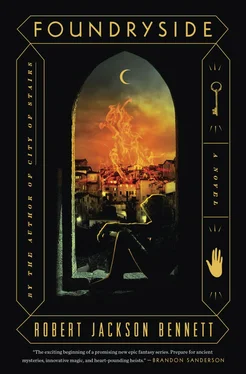


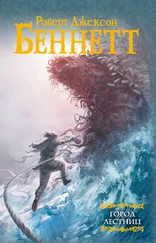


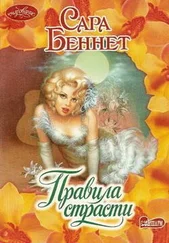
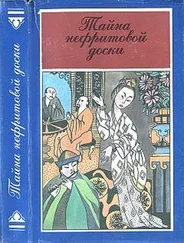
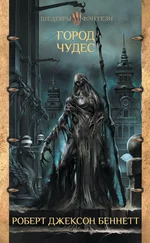
![Роберт Беннет - Город чудес [litres]](/books/405553/robert-bennet-gorod-chudes-litres-thumb.webp)
